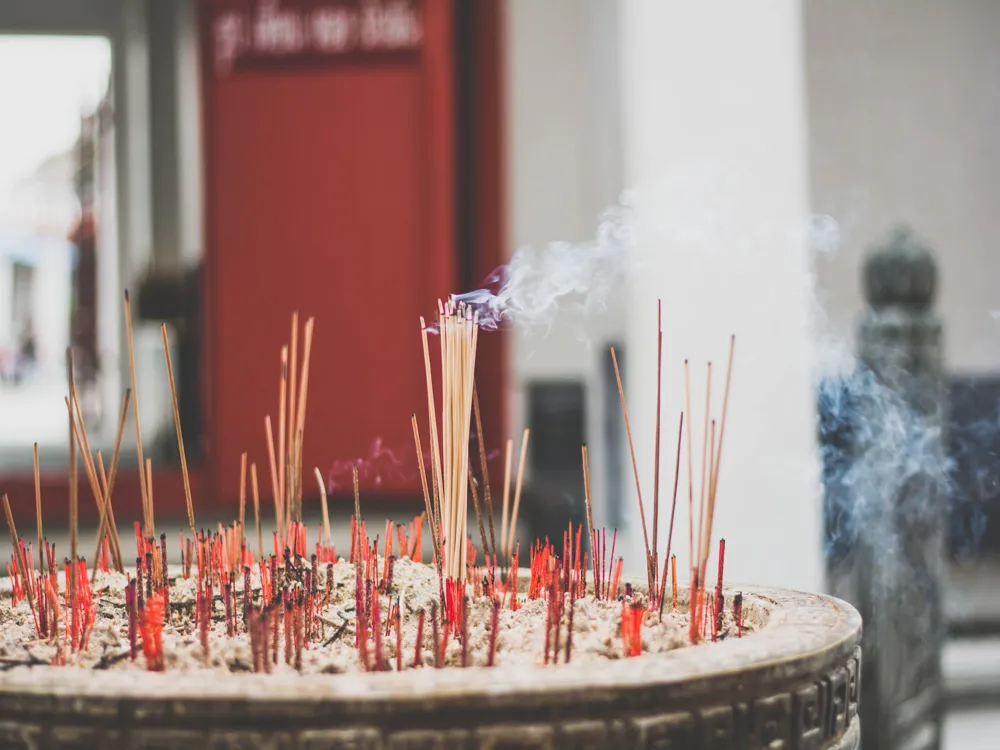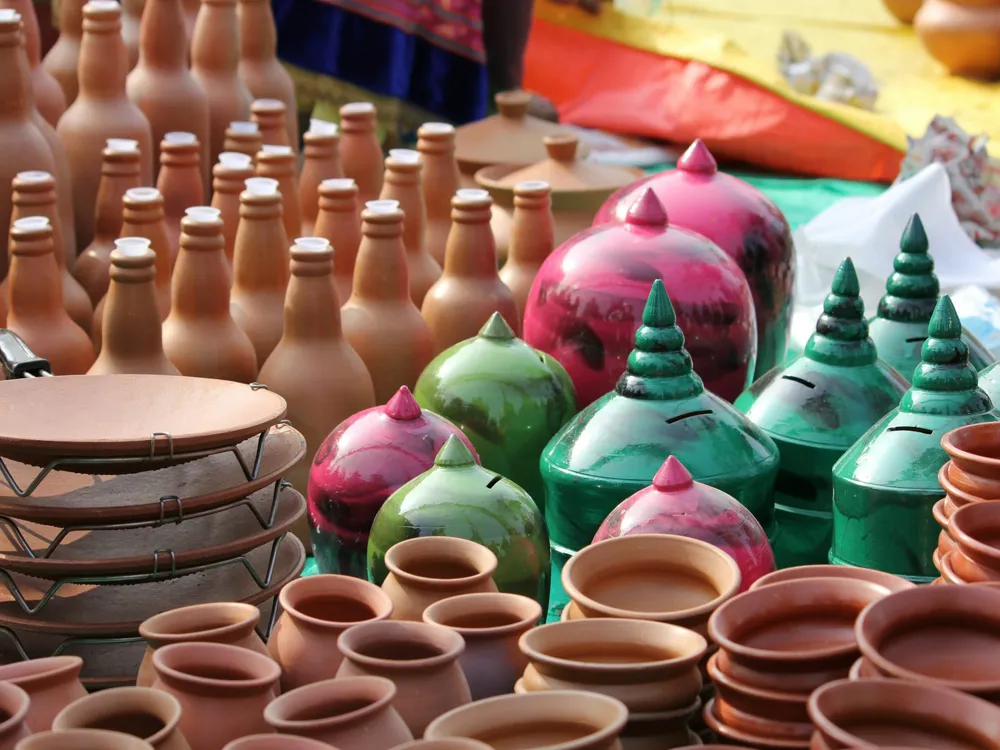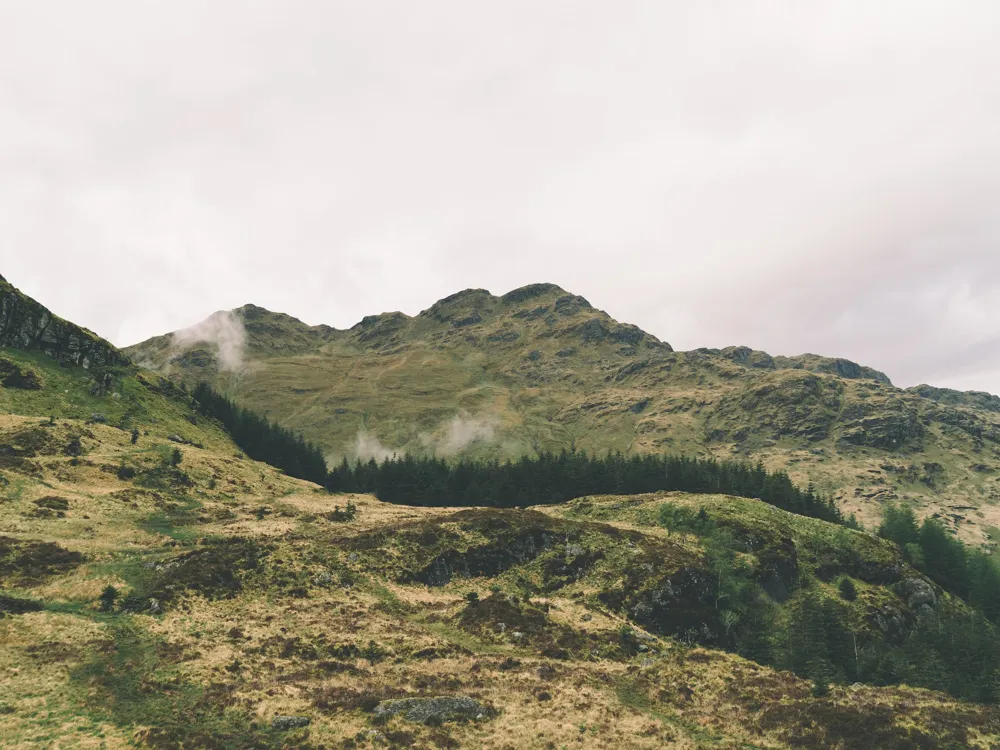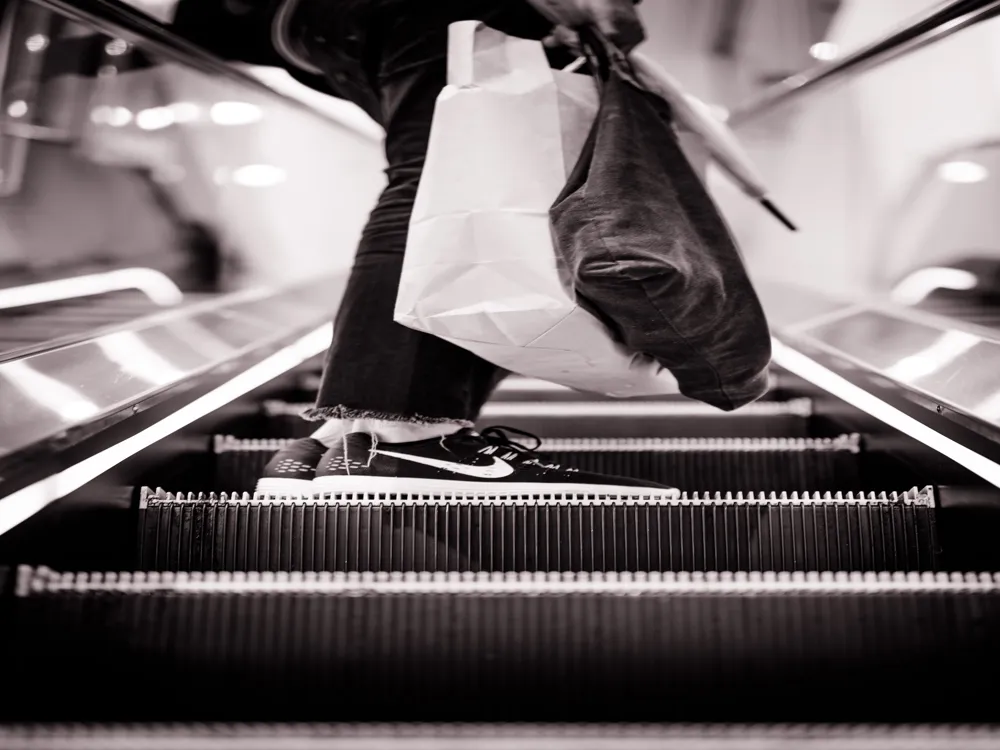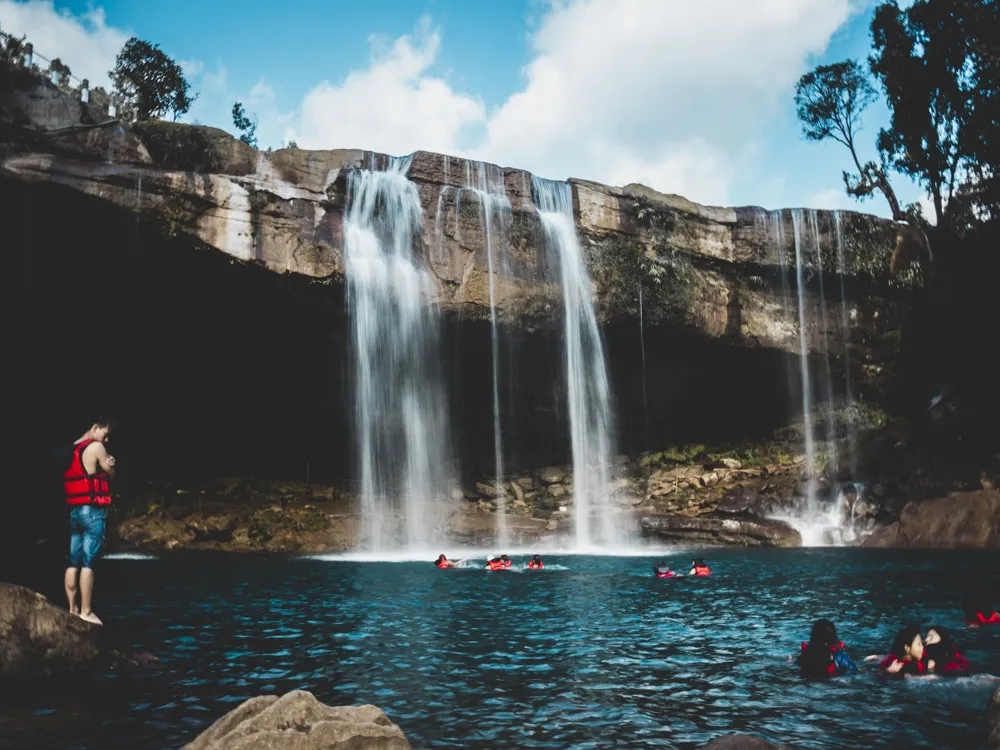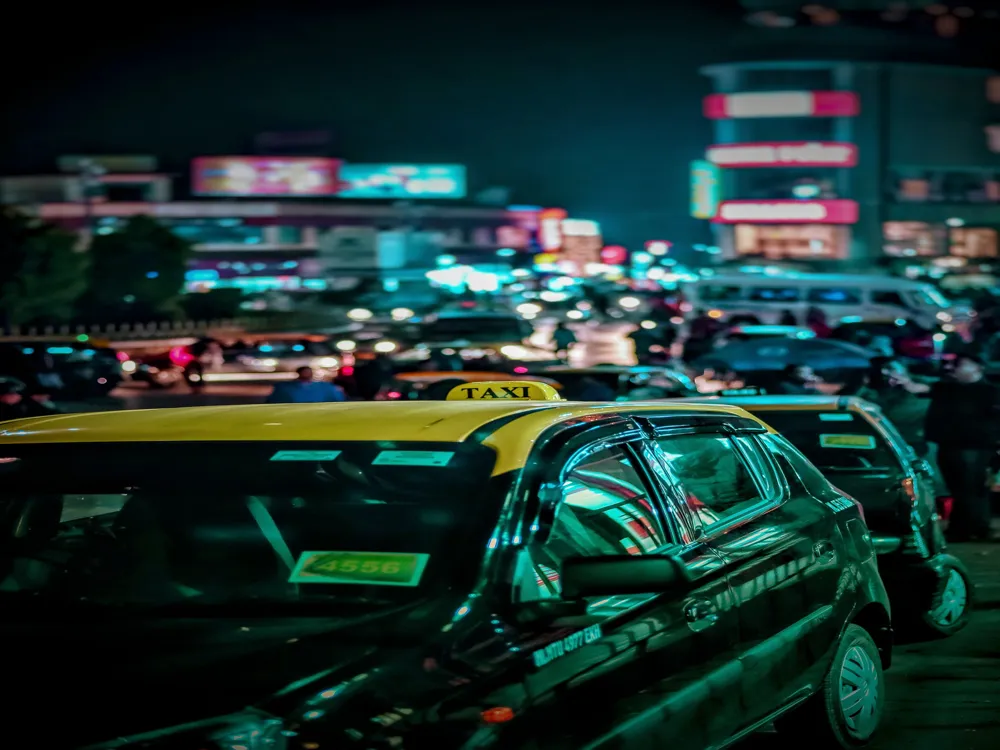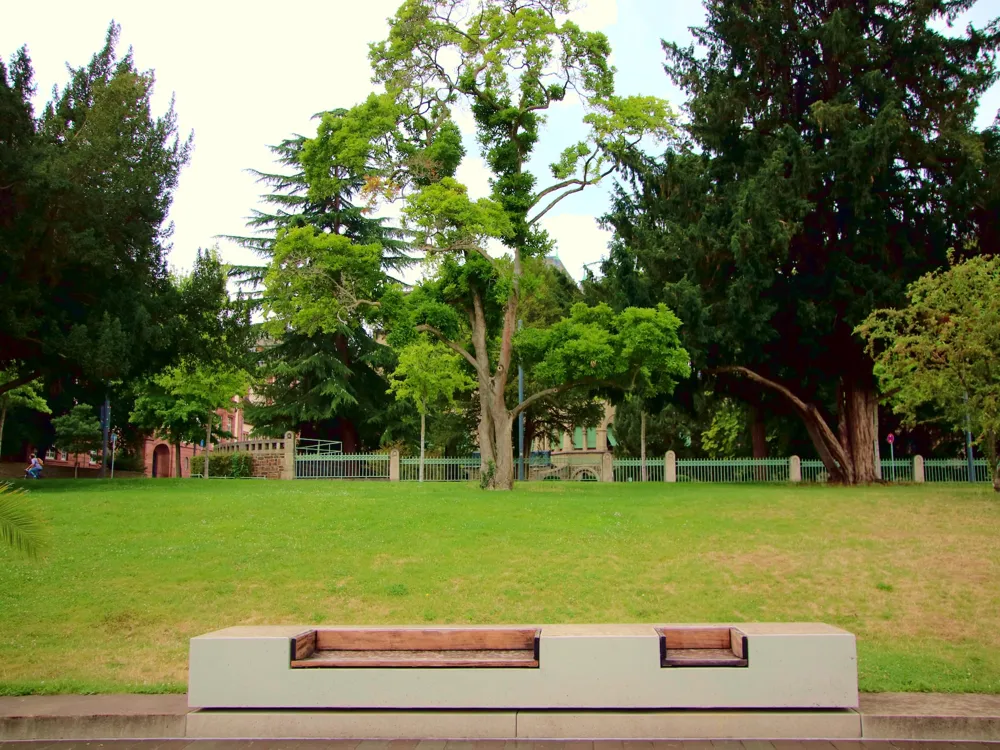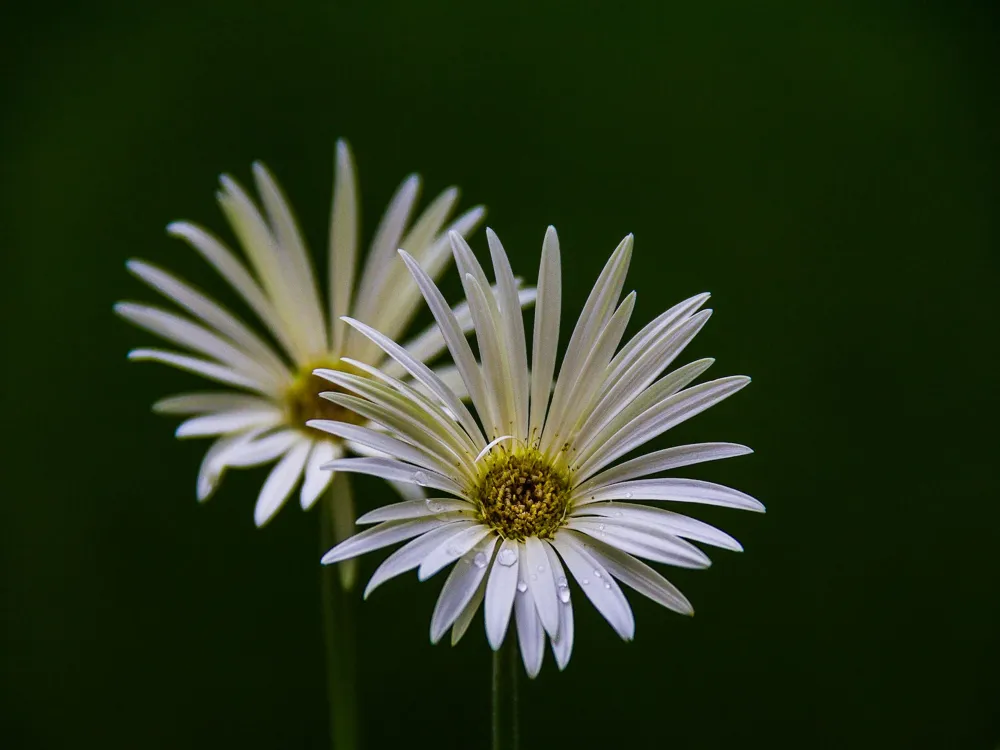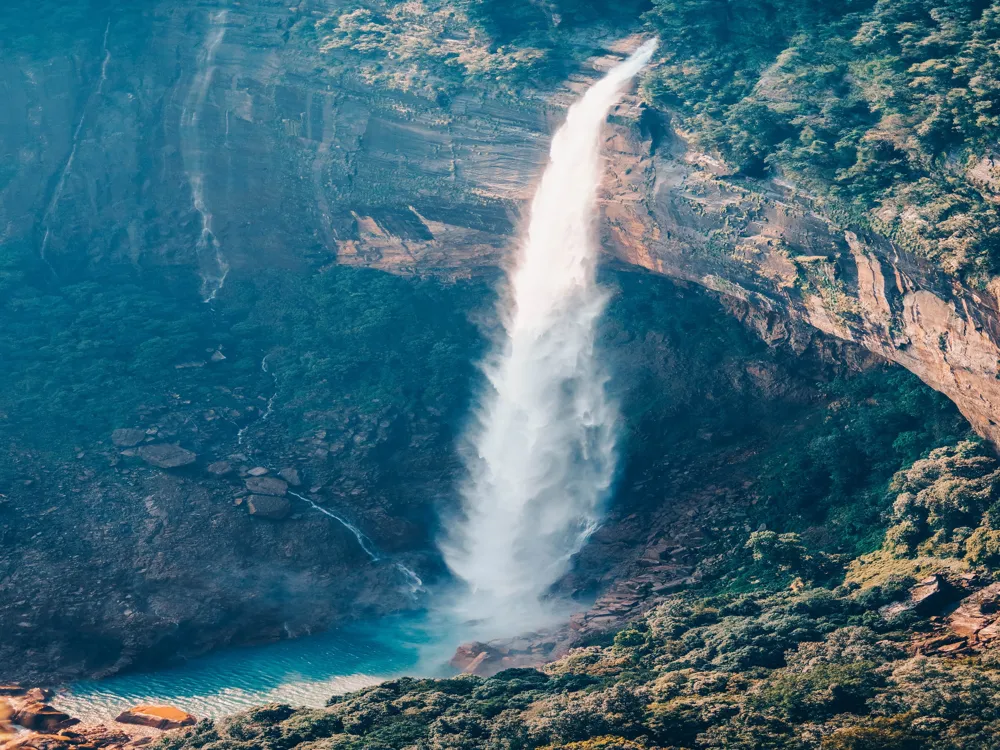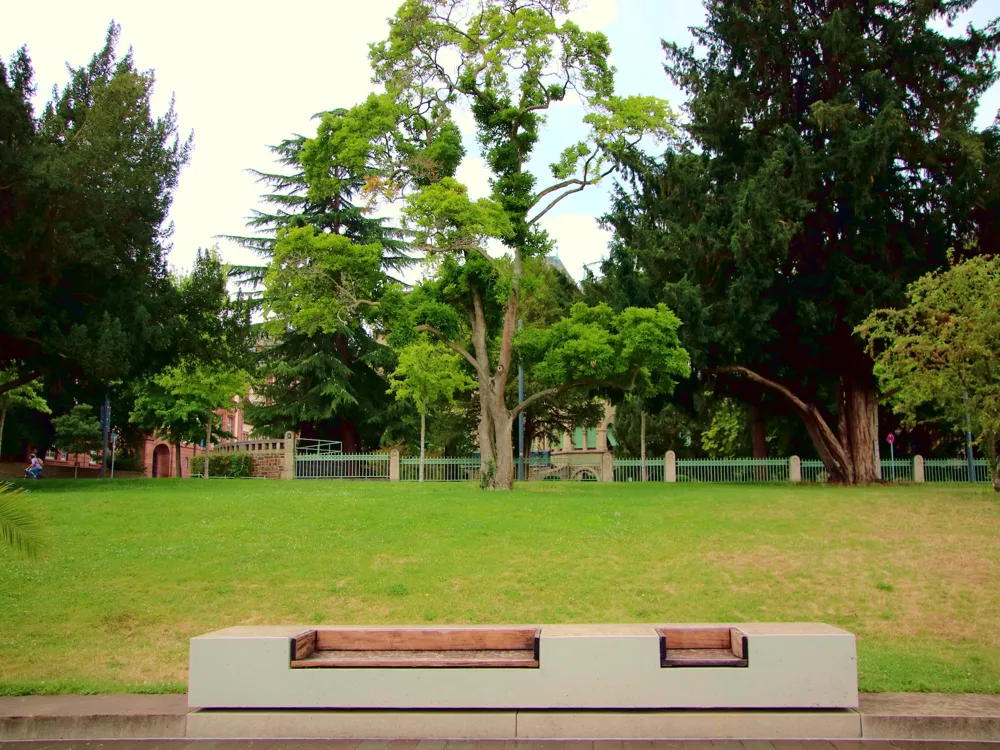Joon Beel Mela, a unique and traditional fair in Marigaon, Assam, stands as a vibrant testament to the rich cultural heritage of Northeast India. This annual event, dating back centuries, is more than just a fair; it's a living museum of cultural exchange, traditional barter system, and communal harmony. Rooted in the ethos of the Khasi, Tiwa, and Karbi tribes, Joon Beel Mela is not only a commercial hub but also a socio-cultural confluence, reflecting the age-old practices of these indigenous communities. The fair is held under the open sky and is named after the crescent-shaped moon-like Joon Beel ('Joon' means Moon and 'Beel' means wetland) which is a large natural water body around which the fair is organized. The Mela usually takes place after the harvest season, offering a perfect timing for tribes to gather and exchange their agricultural produce without involving monetary transactions. This barter system, a rare sight in the modern world, underscores the fair’s traditional essence and the community’s commitment to preserving their ancestral practices. Beyond its economic significance, Joon Beel Mela is a melting pot of cultural festivities. It's an occasion where different communities showcase their traditional dances, music, and attire, creating a vibrant tapestry of cultural richness. The Mela also serves as a platform for discussing important community issues, making it an event that intertwines economic activities with social responsibilities. As the sun sets, the fairground transforms into a festive arena. The aroma of local cuisines, the sound of traditional instruments, and the sight of tribal dances under the moonlit sky provide an ethereal experience. The Mela is not just a market; it's a celebration of life, a homage to traditions, and a bridge that connects the past with the present. The architecture of Joon Beel Mela is not about grand structures or monumental buildings; rather, it's about the organic assembly of temporary shelters and stalls that blend seamlessly with the natural surroundings. The Mela is predominantly an open-air event, taking place in the lush green landscapes of Marigaon, surrounded by the gentle hills of Assam. The simplicity and eco-friendliness of the setup are what make it truly distinctive. Stalls and shelters at the Mela are primarily made from locally sourced materials such as bamboo, thatch, and leaves, reflecting the sustainable practices of the indigenous communities. These structures, though temporary, are marvels of traditional engineering, showcasing the ingenuity and resourcefulness of the tribal people. The layout of the fair is designed in a manner that facilitates the easy movement of people and goods, with separate areas designated for different activities such as trading, cultural performances, and communal meetings. One of the most captivating architectural aspects of Joon Beel Mela is its inherent harmony with nature. The fair is set up in a way that it causes minimal disturbance to the natural landscape. The use of natural materials not only ensures sustainability but also adds to the aesthetic appeal, creating a rustic and authentic ambiance. The architecture of the Mela, in essence, is a reflection of the tribal philosophy of living in harmony with nature. Furthermore, the spatial arrangement at the Mela facilitates social interactions and communal activities. The central area, usually the busiest, is where most trading activities take place. Surrounding this are spaces for cultural performances, where one can witness the vibrant dances and hear the melodious tunes of traditional instruments. Beyond these are areas for relaxation and food, where visitors can indulge in local delicacies and interact with the locals. Before visiting, familiarize yourself with the traditional barter system. It's a unique experience where goods are exchanged without money. Bring items that you can barter, like agricultural produce or handicrafts. Respect the customs and traditions of the indigenous communities. Dress modestly, ask for permission before taking photographs, and show appreciation for their hospitality. Don't miss out on the local cuisine. Joon Beel Mela offers a variety of traditional dishes that provide a glimpse into the rich culinary heritage of Assam. Engage in cultural activities. Participate in traditional dances or music sessions to fully experience the cultural vibrancy of the Mela. Accommodation options may be limited near the Mela. Plan ahead and consider staying in nearby towns or cities. Homestays can also offer a more authentic experience. Reaching Joon Beel Mela is an adventure in itself, offering visitors a glimpse of the scenic beauty of Assam. The closest city to Marigaon is Guwahati, which is well-connected by air, rail, and road. From Guwahati, one can hire taxis or take local buses to reach Marigaon. The journey is about 30-45 kilometers and offers a picturesque view of Assam’s landscapes. Local transportation within Marigaon can be availed to reach the Mela site. It's advisable to check for local travel advisories and plan your trip accordingly. Read More:Overview of Joon Beel Mela in Marigaon, Assam
Architecture of Joon Beel Mela
Tips When Visiting Joon Beel Mela
Understand the Barter System
Respect Local Customs
Try Local Cuisines
Participate in Cultural Activities
Plan for Accommodation
How to Reach Joon Beel Mela
Joon Beel Mela
Marigaon
Assam
NaN onwards
View marigaon Packages
Also Refered As:
Jonbeel Mela
Marigaon Travel Packages
View All Packages For Marigaon
Top Hotel Collections for Marigaon

Private Pool

Luxury Hotels

5-Star Hotels

Pet Friendly
Top Hotels Near Marigaon
Other Top Ranking Places In Marigaon
View All Places To Visit In marigaon
View marigaon Packages
Also Refered As:
Jonbeel Mela
Marigaon Travel Packages
View All Packages For Marigaon
Top Hotel Collections for Marigaon

Private Pool

Luxury Hotels

5-Star Hotels

Pet Friendly







